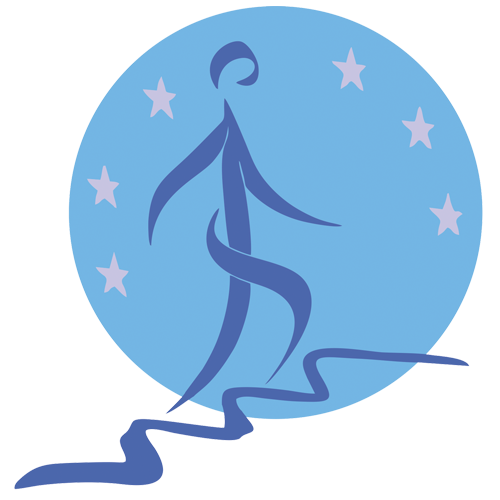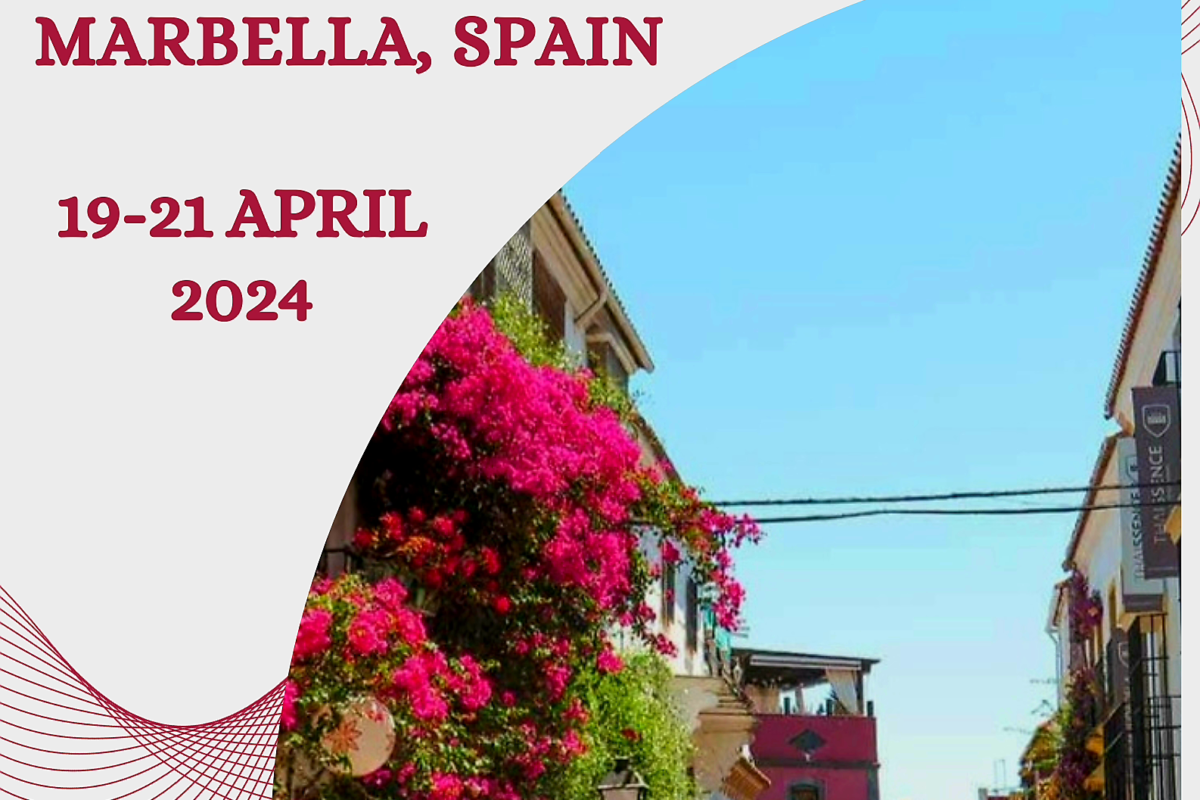Gender balance in tech : a key success factor for inventing Post-Covid recovery

Katalin Kariko, Laurence Devillers, Esperanza Martinez Romero, Ritu Karidhal, Catherine Ngila.
Have you heard of them: Katalin Kariko, Laurence Devillers, Esperanza Martinez Romero, Ritu Kharidal, or Catherine Ngila ? No ? And yet these women from 5 continents have initiated some of todays’ key innovations. Katalyn Kariko has invented the ARN technology now used in COVID-19 vaccines. Laurence Devillers is a pioneer of Ethical IA, a major issue to protect civil rights, freedom and democracy on our digital age. Esperanza Martinez Romeo had developed bacteria that improve agriculture productivity while preserving the environment. Thanks to Ritu Kharidal India is the 4th country in the world to have reached Mars. And Catherine Ngila leverages the power of nanotechnologies to detect pollution in water, and enable a sustainable management of water resources.
In fact the list of unknown women is incredibly long. Nonetheless there are are! In front lines! Each of her contributes to a fight that is vital today to all of us!
Yet the obstacles women face to make it in STEM are countless. As soon as they enter schools, they have to face stereotypes according to which girls are not as good as boys in math, a nonsense as now clearly demonstrated by scientific research! As a result less women enter scientific and technical studies, where they only represent 34% of all STEM graduates in the world. This situation worsens on the job market in part due to sexism, where the proportion of women drops to 28% among scientists and engineers. For the past 5 years, in partnership with an increasing number of organizations Gender Scan highlights issues, as well as first accomplishments on this topic ! (Gender Scan, reference survey on women in STEM disciplines, see Women in STEM disciplines, Springer, 2017. Following implementation of gender balanced policies 20% improvement of women satisfaction on work organization and career management in tech groups, Gender Scan 2019)
It is now more urgent than ever to leverage the competences and skills of half of the world population which are needed to address the increasingly difficult challenges we face collectively.
Gender Scan with a collective of hundreds of organizations around the world and ECLS in France to suggest the implementation of a simple action: publication by each country of an official rankings of STEM tertiary studies by proportion of graduated women. To count and to measure is essential, scientific know that. Public and private decision makers know that too. Implementing this action would enable to measure the ability of STEM studies to attract educate and retain women now needed by public research and the private sector. It would accelerate the implementation of actions to address this issue.
As partner of Gender Scan, University Women of Europe offers each individual to make the difference by simply taking a few minutes to complete online survey Gender Scan 2021. Constructed and developed with experts, researchers, and associations from all countries the online survey provides teenagers, students, entrepreneurs, independents and employees with a chance to get heard. The goal ? Enable the emergence of new Katalin Kariko, at long last recognized and well-known for who they are : human beings who change the world, and strengthen our chances to invent a Post Covid economic recovery. Successful because gender balanced !














